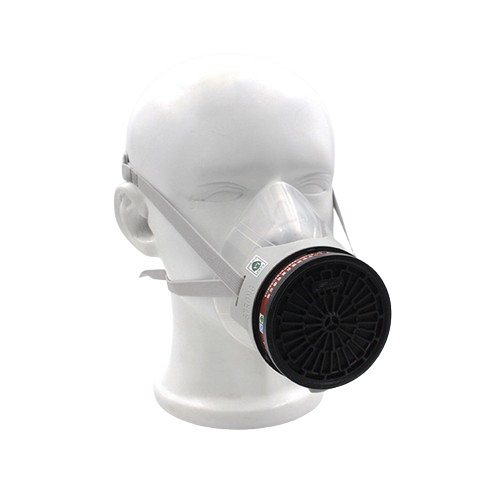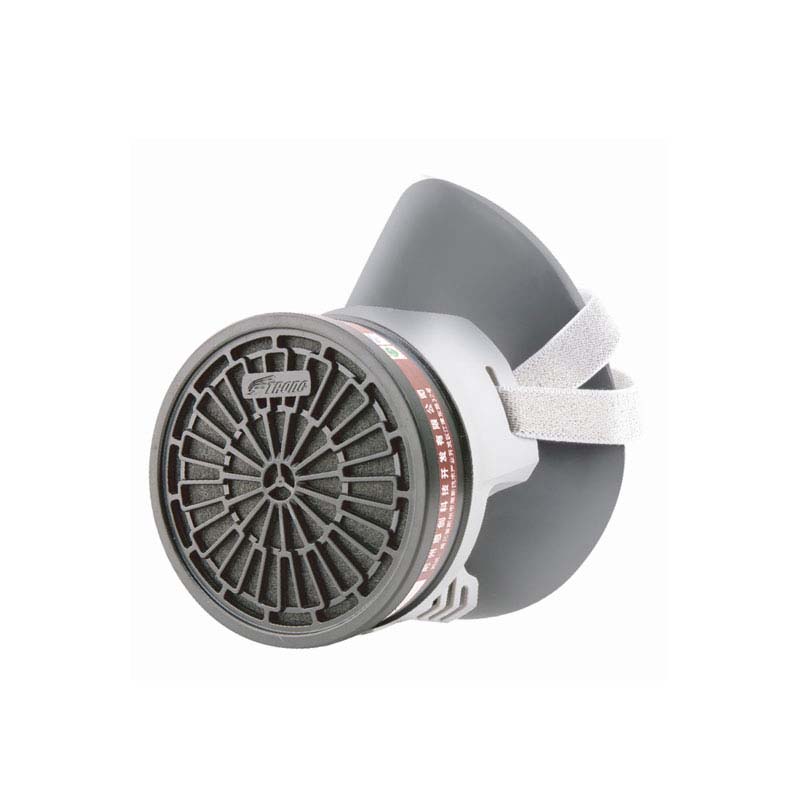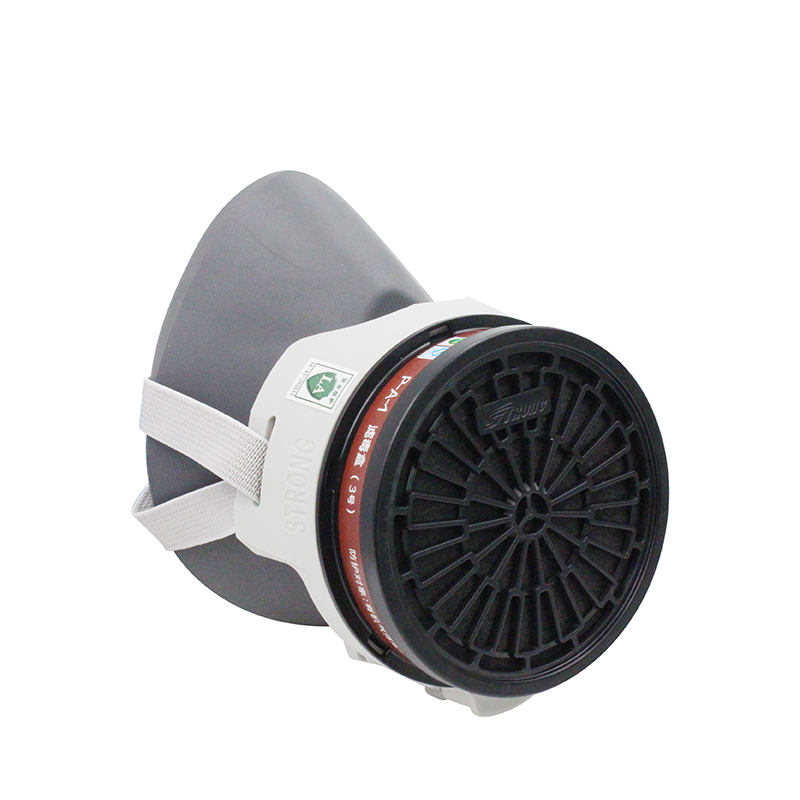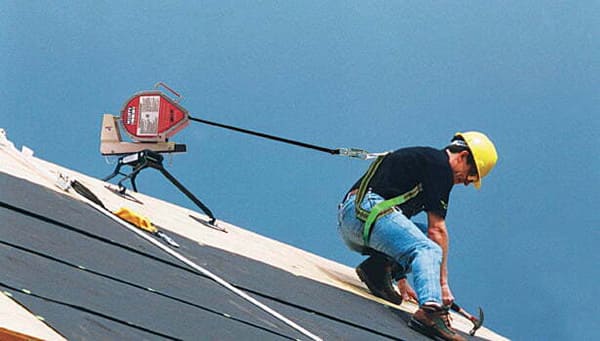Are Sound Insulation Earplugs Effective in Blocking Out Loud Noises?
When it comes to dealing with loud noises, sound insulation earplugs have gained popularity as a potential solution. However, a crucial question arises: Are sound insulation earplugs truly effective in blocking out loud noises? This article will explore the effectiveness of sound insulation earplugs in providing noise reduction and the factors that contribute to their efficacy.
Understanding Sound Insulation Earplugs:
Sound insulation earplugs are specially designed devices that help reduce the intensity of sound entering the ears. They work by creating a physical barrier between the ear canal and the surrounding environment. These earplugs are typically made of soft, sound-absorbing materials such as foam, silicone, or rubber.
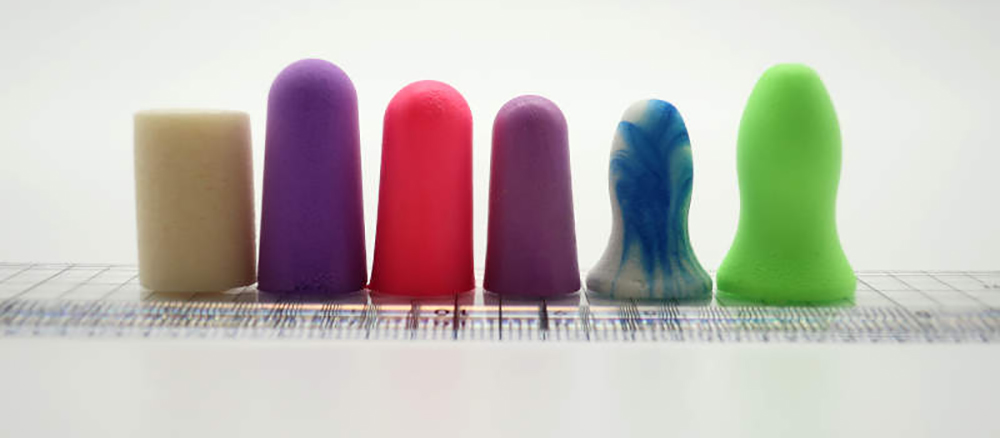
Factors Affecting Effectiveness:
1、Noise Reduction Rating (NRR): Each pair of sound insulation earplugs is assigned an NRR, which indicates the amount of noise they can block. A higher NRR implies better noise reduction capabilities.
2、Proper Fit: The effectiveness of sound insulation earplugs heavily relies on their proper fit. A snug fit ensures maximum coverage and minimizes the passage of sound waves into the ear canal. Inserting the earplugs correctly is crucial for optimal performance.
3、Noise Frequency and Intensity: Sound insulation earplugs are more effective at reducing constant or low-frequency noises than sudden or high-pitched sounds. The ability to block out specific frequencies varies among different earplug models.
4、User Expectations and Sensitivity: Individual preferences and subjective perceptions of noise levels can influence the perceived effectiveness of sound insulation earplugs. Users with higher sensitivity to noise may require additional measures or advanced earplug models.

Effectiveness in Real-Life Situations:
In general, sound insulation earplugs can significantly reduce the impact of loud noises in various settings. They are commonly used in industrial environments, concerts, sporting events, and even for improving sleep quality. However, it's important to acknowledge that complete elimination of all sounds may not be possible, particularly in extreme noise conditions.
Tips for Optimal Usage:
1、Choose earplugs with a suitable NRR based on the intended noise reduction requirements.
2、Follow the manufacturer's instructions for inserting and removing the earplugs correctly.
3、Regularly clean and maintain the earplugs to ensure their longevity and effectiveness.
4、Consider custom-made earplugs for a personalized fit and enhanced noise reduction.
Conclusion:
Sound insulation earplugs serve as a valuable tool for reducing the impact of loud noises in various situations. While their effectiveness may vary depending on factors such as NRR, fit, and noise characteristics, they offer a practical solution for individuals seeking to protect their hearing or find relief from excessive noise exposure. By understanding the capabilities and limitations of sound insulation earplugs, users can make informed choices and enhance their overall auditory well-being.




